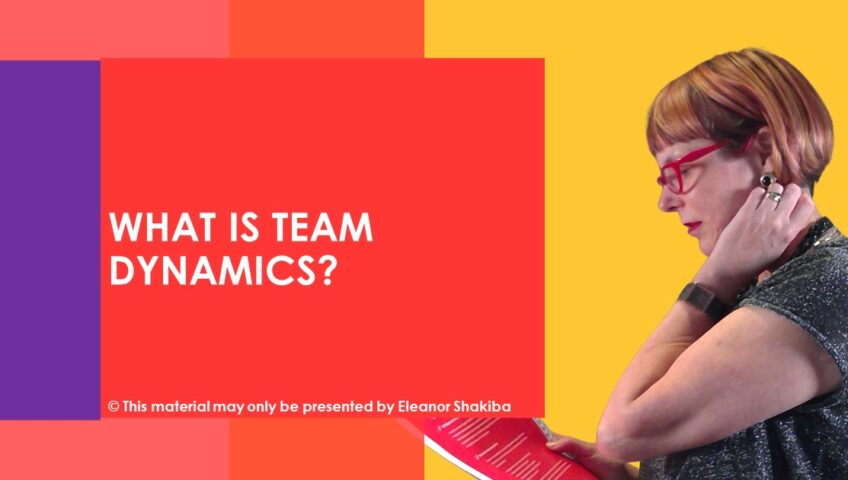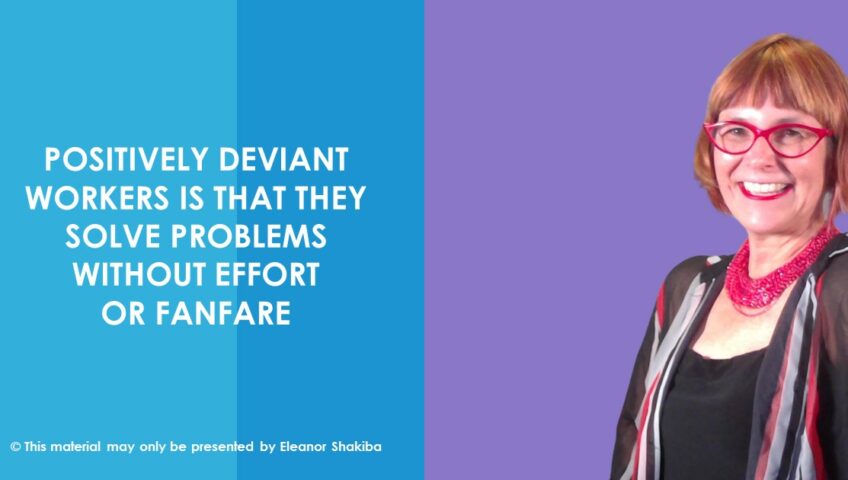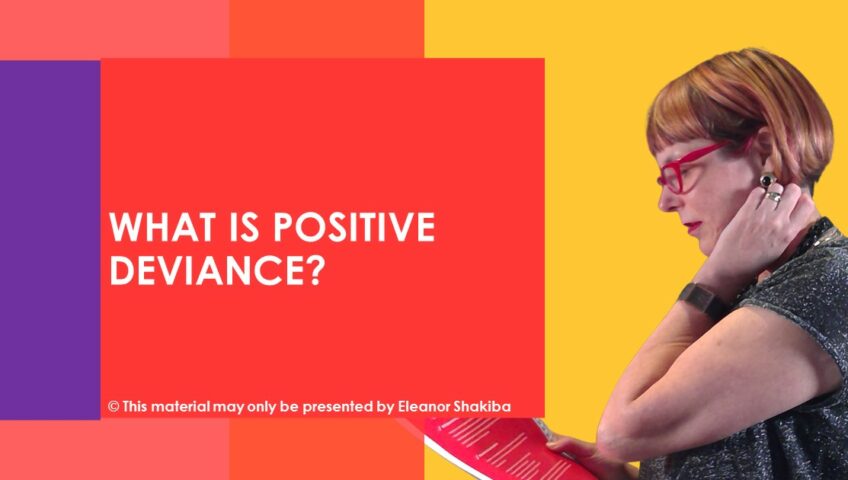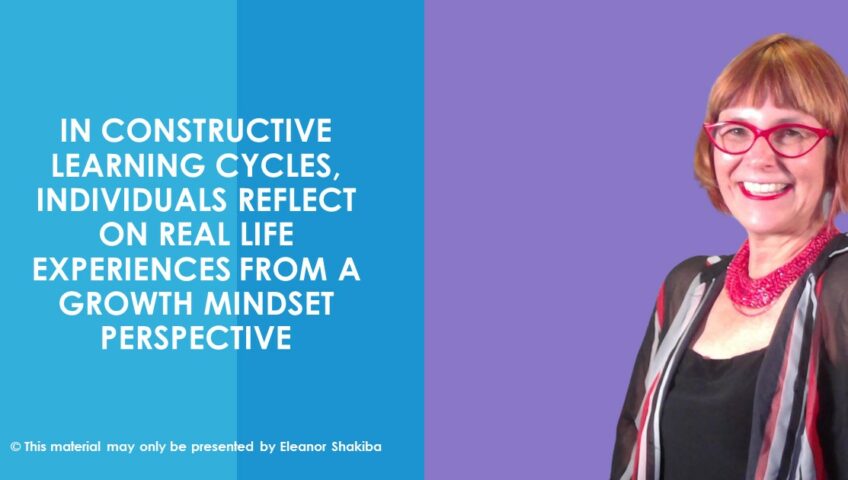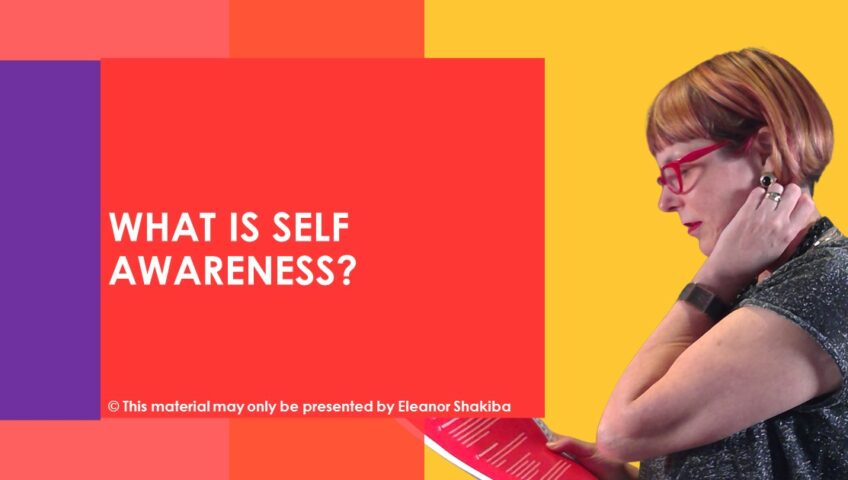Imposter syndrome is a big problem in business. It leads talented people to overwork and burn out. Ironically, the very sensitivity that trainers and HR practitioners want their leaders to possess (self-awareness) seems to drive imposter thinking. The problem is, some people take self-awareness too far. When this happens, they become self-conscious and a downward spiral begins. Understanding the difference between self-awareness and self-consciousness can help prevent this problem occurring in your business. So, how are self-awareness and self-consciousness different?
Legend has it that seven sages of ancient Greece gathered together in Delphi and encapsulated their wisdom in one command: know thyself. But can taking this advice too far turn self awareness into self consciousness? Not if you understand what self-awareness truly is.
Self-awareness is your ability to have a sense of your ‘self’ being separate to others. It is one of a few unique abilities that make you human. Cats aren’t self-aware, for example. If a cat sees itself in a mirror, it hisses and spits. Why? It thinks the reflection is another cat. You, however, see ‘yourself’ in a mirror. You learned to recognise yourself from a very young age. This was the age at which developed a sense of self-awareness.
Psychologists have defined two broad categories of self-awareness – internal and external. Internal self-awareness refers to how you view your thoughts, feelings, behaviours, strengths and weaknesses. External self-awareness is how you believe that others view these traits and characteristics. People who adopt a critical sense of external self-awareness are more likely to become self-conscious. They assume others are judging them negatively.
Subscribe to our mailing list and receive fornightly tips and videos:
Sadly, many talented people are secretly self-conscious. This leads to perfectionism, excessive work hours and an inability to ‘let things go’. Leaders and L&D practitioners should watch out for these signs. By intervening early, you can prevent self-consciousness developing into imposter syndrome. There are many positive psychology training and coaching techniques that can help you do this. Additionally, you can use resilience training to prevent burnout destroying your best talent. There are three key skills to teach your people: self-reflection, mindfulness and self-compassion.
Self-reflection
Self-conscious people ruminate. Confident people reflect. This is a key distinction to keep in mind when delivering leadership or emotional intelligence training. Remember to explain the difference. Then give your people simple tools for reflecting on their experiences. Show them how to stop focusing on things that go wrong and instead ask ‘what have I learned from this?’.
Mindful attention
Mindfulness is also a useful tool for building self-awareness. Teach your people how to recognise thoughts as they arise, without dwelling on them. This helps eliminate self-consciousness and foster healthy self-awareness.
Self-compassion
Self-compassion is an important concept to teach people anyone who suffers from imposter syndrome. It involves means being sensitive to your own suffering and accepting all aspects of yourself. Having self-compassion means being able to relate to yourself in a way that’s forgiving, accepting and loving when situations might be less than optimal. Resilience trainers or HR experts who want to learn more about self-compassion should explore the work of Dr. Kristin Neff. Leaders who want to apply positive psychology in their own lives can also benefit from gaining a better understanding of Dr Neff’s work.
To unlock the power of self-awareness, start working with positive psychology trainers and coaches. Resilience training can help cultivate greater self-awareness, which empowers individuals to become more mindful, resourceful and compassionate. Contact Eleanor Shakiba today to find the secret to boosting self-awareness among your people.
About the author: Eleanor Shakiba
Eleanor is a specialist in positive psychology training. Her core strength is creativity, which she expresses in the training room through storytelling and visual design. She has dedicated her career to helping experienced professionals break through glass ceilings by developing their confidence, communication skills and leadership mastery. Eleanor is qualified in a range of fields including Social Anthropology, Positive Psychology, Counselling, Coaching, Adult Education and Neuro Linguistic Programming. She is also the author of the Positive Psychology Toolkit for HR and L&D Practitioners. This is a free resource for trainers and facilitators.

